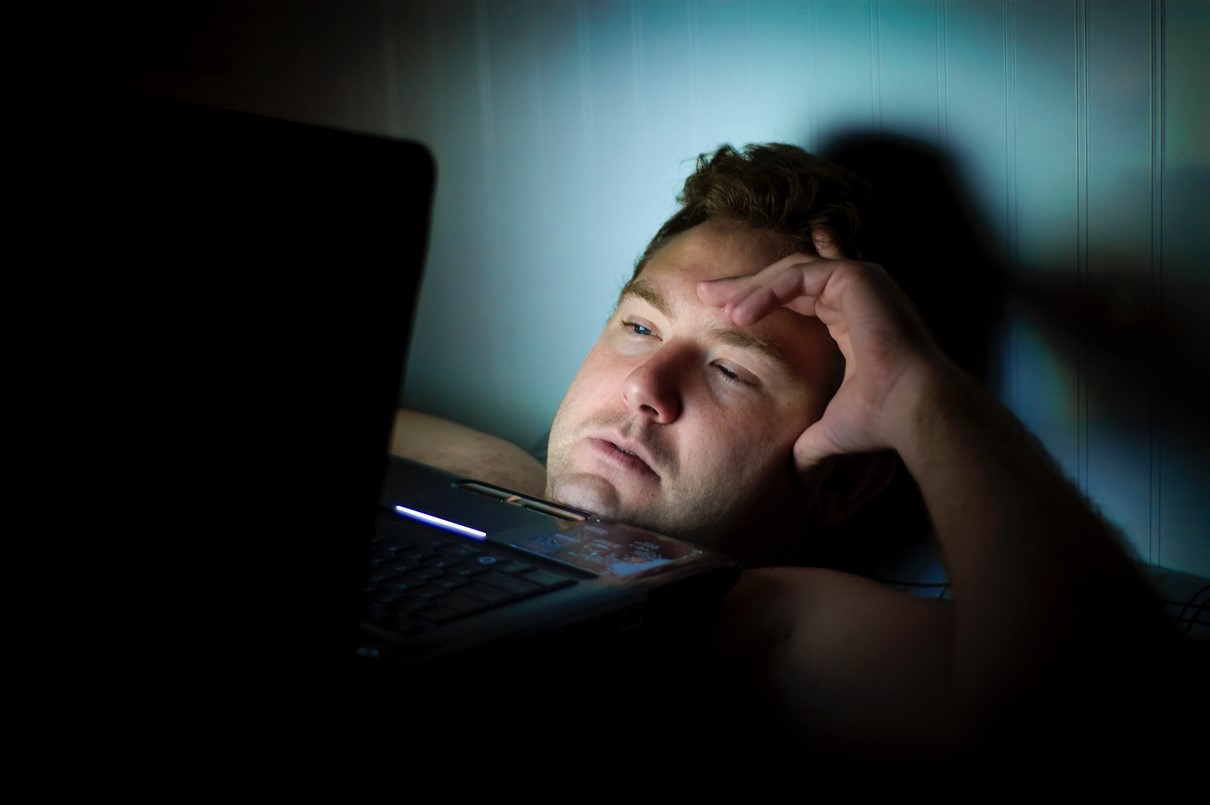The Importance of Sleep
Getting enough sleep is crucial to performing at your best
Sleep is essential for a person’s health and wellbeing, yet millions of people do not get enough sleep and many suffer from lack of sleep. Yet those who follow my Healthy eating and exercise plans all come back to me and say they are sleeping better…. what does that tell you?
Everyone’s individual sleep needs vary. In general, most healthy adults are built for 16 hours of wakefulness and need an average of eight hours of sleep a night. However, some individuals are able to function without sleepiness or drowsiness after as little as six hours of sleep. Others can't perform at their peak unless they've slept ten hours.
When I was competing at International sport I needed a minimum of 8 hours sleep or I could not perform to the best of my ability. Sharing a hotel room didn’t help!!
Stress is the number one cause of short-term sleeping difficulties, according to sleep experts. Common triggers include school- or job-related pressures, a family or marriage problem and a serious illness or death in the family. Usually, the sleep problem disappears when the stressful situation passes. However, if short-term sleep problems such as insomnia aren't managed properly from the beginning, they can persist long after the original stress has passed.

Drinking alcohol or beverages containing caffeine in the afternoon or evening, exercising close to bedtime, following an irregular morning and nighttime schedule, and working or doing other mentally intense activities right before or after getting into bed can disrupt sleep.
Environmental factors such as a room that's too hot or cold, too noisy or too brightly lit can be a barrier to sound sleep. And interruptions from children or other family members can also disrupt sleep. Other influences to pay attention to are the comfort and size of your bed and the habits of your sleep partner. If you have to lie beside someone who has different sleep preferences, snores, can't fall or stay asleep, or has other sleep difficulties, it often becomes your problem too! And mobile phones are lethal…turn them off!
So my top tips for a good nights sleep are:
- Keep a regular sleep/wake schedule
- Don’t drink or eat caffeine four to six hours before bed and minimize daytime use
- Don’t smoke, especially near bedtime or if you awake in the night
- Avoid alcohol and heavy meals before sleep
- Get regular exercise
- Minimize noise, light and excessive hot and cold temperatures where you sleep
- Develop a regular bed time and go to bed at the same time each night
- Try and wake up without an alarm clock
- Attempt to go to bed earlier every night for certain period; this will ensure that you’re getting enough sleep
For more information on Healthy eating and exercise contact me at nonevans.com








